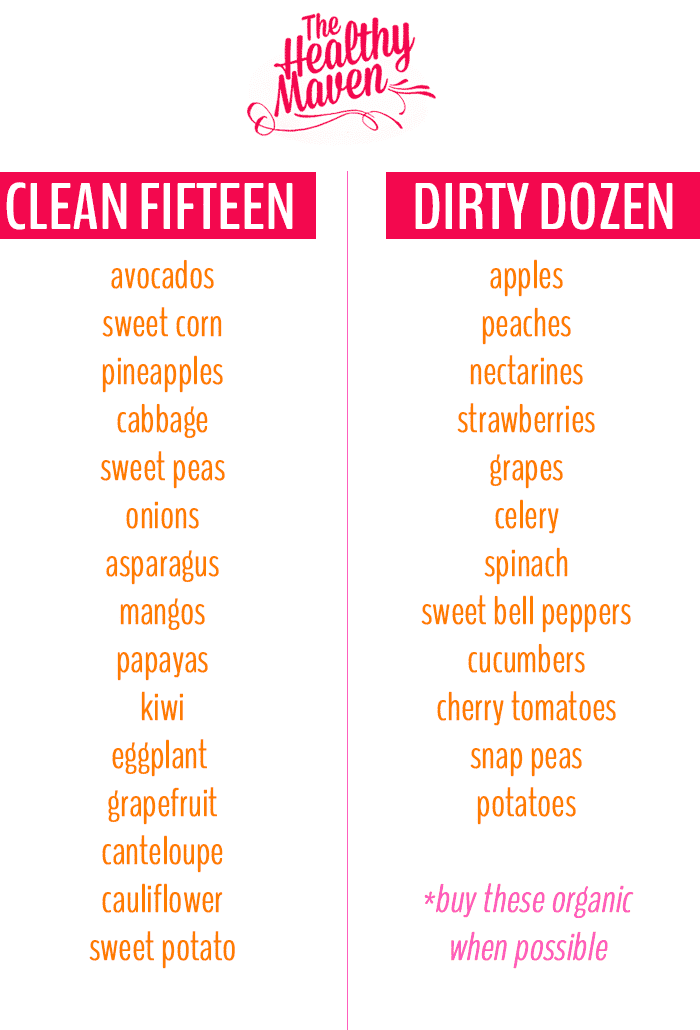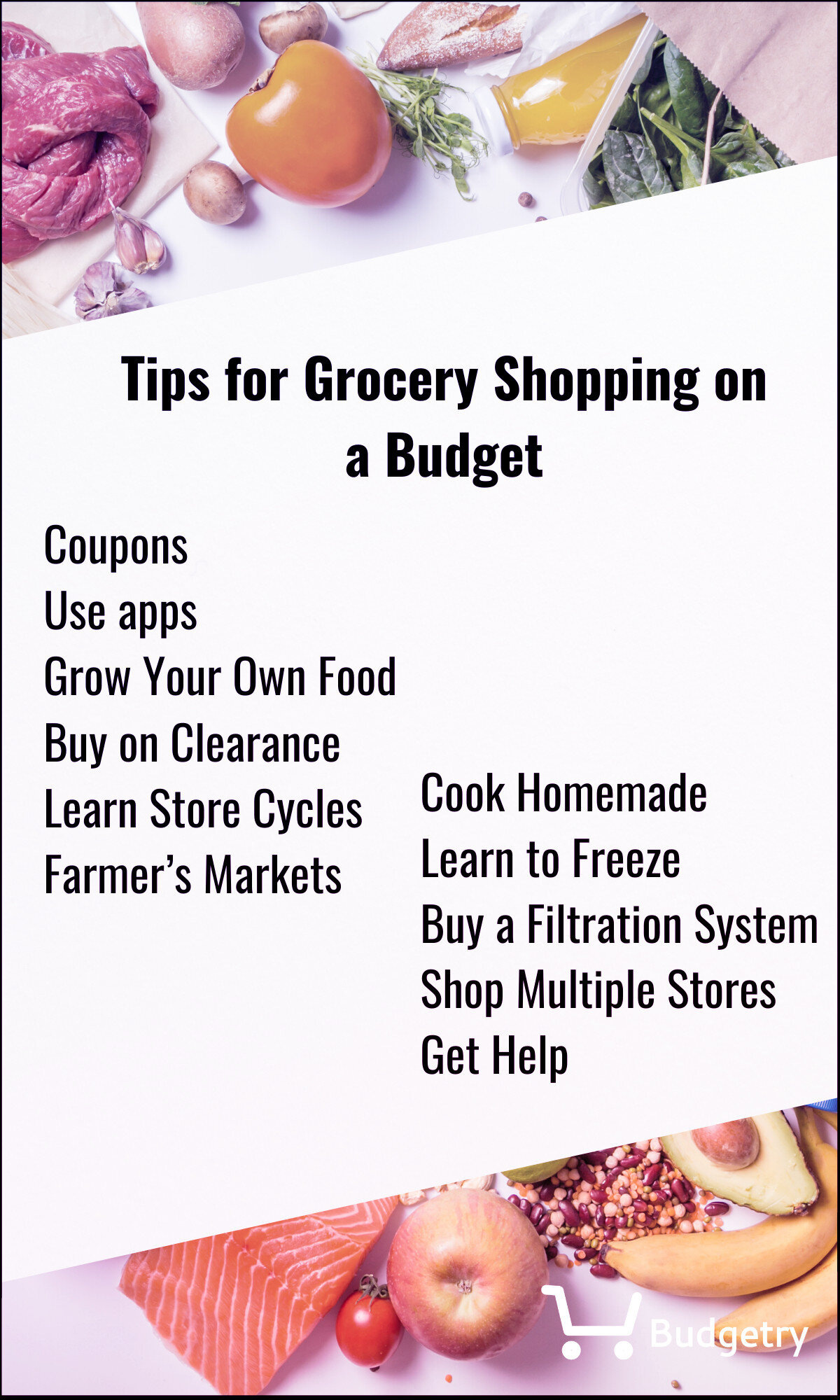Struggling to make ends meet? Don’t worry, I’ve got you covered! In this article, we’re going to dive into the world of grocery shopping on a budget. Yes, you heard that right. No more breaking the bank just to stock up on groceries. I’m here to show you some awesome tips and tricks to help you save money while still getting all the essentials you need. So grab your cart, put on your savvy shopping hat, and let’s get started!
When it comes to grocery shopping on a budget, it’s all about being strategic. First things first, make a list and stick to it like glue. This will help you avoid impulse buys and stay focused on what you actually need. Next, keep an eye out for sales and discounts. Don’t be afraid to use coupons or sign up for loyalty programs to score some extra savings. Another great tip is to buy in bulk whenever possible. Not only will this save you money in the long run, but it also means fewer trips to the store. And last but not least, be open to trying different brands or generic options. You might be surprised at how much money you can save without sacrificing quality. So, get ready to shop like a pro and watch those savings add up!
How to Grocery Shop on a Budget:
- Make a shopping list: Plan your meals for the week and create a list of the necessary ingredients.
- Set a budget: Determine how much you can afford to spend on groceries and stick to it.
- Shop with a full stomach: Avoid impulse buying by eating before you go grocery shopping.
- Compare prices: Check out different stores and compare prices to find the best deals.
- Buy in bulk: Purchase non-perishable items in bulk to save money in the long run.
- Use coupons and discounts: Take advantage of coupons and discounts to reduce your grocery bill.
- Avoid processed foods: Opt for whole foods that are nutritious and budget-friendly.
- Shop seasonally: Buy fruits and vegetables that are in season as they tend to be cheaper.

How to Grocery Shop on a Budget: Tips and Tricks
Managing your grocery expenses can be challenging, especially when you’re on a tight budget. However, with the right strategies and mindset, you can still shop for groceries while staying within your financial limits. In this article, we will explore some valuable tips and tricks that can help you grocery shop on a budget without compromising on the quality of your meals.
1. Plan and Prepare Before You Shop
Before heading to the grocery store, it’s essential to plan and prepare your shopping list. Take some time to evaluate your pantry, fridge, and freezer to see what ingredients you already have. This way, you can avoid buying unnecessary items and focus on the essentials. Additionally, planning your meals for the week can help you determine the exact ingredients you need, reducing the chances of impulse buying.
It’s also a good idea to check for any sales or discounts available at your local grocery store. Many supermarkets offer weekly promotions, so take advantage of these deals and adjust your meal plan accordingly. By planning and preparing before you shop, you can save both time and money.
1.1 Create a Detailed Shopping List
Once you’ve assessed your pantry and planned your meals, create a detailed shopping list. Organize your list by categories such as produce, dairy, meat, and pantry staples. This way, you can navigate the store more efficiently and avoid wasting time and money on unnecessary items.
When making your list, be sure to include specific quantities for each item. This will help you stay within your budget and prevent any food waste. Stick to your list while shopping and resist the temptation to buy items that are not essential for your planned meals.
1.2 Set a Budget and Stick to It
Setting a budget before you go grocery shopping is crucial for staying on track financially. Determine how much you can afford to spend and allocate a specific amount for each category on your shopping list. This will help you make informed decisions and prioritize your purchases.
Consider using cash instead of cards when shopping. Having a fixed amount of cash can prevent you from overspending and encourage you to make more conscious choices. If you prefer using cards, keep a calculator handy to keep track of your expenses as you shop.
2. Shop Smart and Save Money
When it comes to grocery shopping on a budget, there are several strategies you can employ to save money. By being mindful of your choices and following these tips, you can make your dollars stretch further at the checkout counter.
2.1 Buy in Bulk
Buying certain items in bulk can be a cost-effective way to save money in the long run. Staple items such as rice, pasta, beans, and canned goods often have lower prices when purchased in larger quantities. Consider investing in a membership to a wholesale store, where you can find great deals on bulk items.
However, be cautious when buying perishable items in bulk, as they may spoil before you can consume them. Evaluate your consumption patterns and storage capabilities before purchasing large quantities of fresh produce or dairy products.
2.2 Compare Prices and Brands
Don’t settle for the first item you see on the shelf. Take the time to compare prices and brands to ensure you’re getting the best value for your money. Check out different stores in your area and compare prices for the items on your shopping list.
Consider trying generic or store-brand products, as they are often cheaper than their branded counterparts while still offering similar quality. Keep an eye out for sales and promotions, and consider stocking up on non-perishable items when they are on special offer.
2.3 Shop Seasonally
Buying fruits and vegetables that are in season can significantly reduce your grocery bill. Seasonal produce tends to be more abundant and therefore cheaper. Plus, it’s often fresher and more flavorful since it doesn’t need to travel long distances to reach your store.
Research which fruits and vegetables are in season in your area and incorporate them into your meal plan. Not only will you save money, but you’ll also enjoy the benefits of consuming fresh, locally sourced produce.
3. Make the Most of Your Groceries
After successfully grocery shopping on a budget, it’s important to make the most of the items you’ve purchased. Properly storing, meal prepping, and minimizing food waste can further stretch your budget and ensure that you get the most value out of your groceries.
3.1 Store Food Properly
Storing your groceries properly can help prolong their freshness and prevent spoilage. Invest in proper storage containers and ziplock bags to keep your produce, meat, and leftovers fresh for longer. Label your containers with the date to ensure you use them before they expire.
Understanding how to store different types of produce can also help extend their shelf life. For example, some fruits emit ethylene gas, which can cause nearby produce to spoil faster. Keep these fruits separate from other items to maximize their freshness.
3.2 Meal Prep and Freeze
Meal prepping can be a game-changer when it comes to saving time and money. Dedicate a few hours each week to prepping meals in advance, portioning them out, and storing them in the freezer. This way, you’ll have ready-to-eat meals on hand, reducing the temptation to order takeout or dine out.
When meal prepping, focus on using ingredients that are on sale or in season. Incorporate versatile ingredients like chicken, rice, and vegetables that can be used in multiple recipes throughout the week. By planning and prepping your meals, you can avoid last-minute grocery store trips and make the most of your budget.
In conclusion, grocery shopping on a budget is not only possible but also an opportunity to become more mindful of your spending habits. By planning and preparing before you shop, shopping smart and saving money, and making the most of your groceries, you can successfully stick to your budget while still enjoying delicious and nutritious meals. Remember, a little extra effort and thoughtfulness can go a long way in helping you save money and make the most of your grocery shopping experience.
Key Takeaways: How to Grocery Shop on a Budget?
- Plan your meals and make a shopping list to avoid impulse purchases.
- Compare prices and look for sales or discounts.
- Buy in bulk for items you use frequently.
- Choose generic or store-brand products instead of name brands.
- Avoid shopping when you’re hungry to prevent unnecessary purchases.
Frequently Asked Questions
How can I grocery shop on a budget?
When it comes to grocery shopping on a budget, planning and smart decision-making are key. Here are some tips to help you grocery shop on a budget:
1. Make a shopping list: Before heading to the store, make a list of the items you need. Stick to your list and avoid impulse purchases.
2. Set a budget: Determine how much you can afford to spend on groceries each week and stick to it. This will help you prioritize your purchases and avoid overspending.
3. Compare prices: Take the time to compare prices at different stores or online. Look for sales, discounts, and coupons to get the best deals on the items you need.
4. Buy in bulk: Consider buying non-perishable items in bulk to save money in the long run. Just make sure you have enough storage space and that you will use the items before they expire.
5. Cook at home: Eating out can be expensive, so try to cook meals at home as much as possible. Plan your meals for the week and buy ingredients in bulk to save money.
How can I save money on groceries?
If you want to save money on groceries, here are some strategies you can try:
1. Use coupons: Look for coupons in newspapers, magazines, or online. Many stores also offer digital coupons that you can load onto your loyalty card.
2. Shop sales: Keep an eye out for weekly sales and discounts. Plan your meals around what’s on sale to maximize your savings.
3. Buy generic brands: Generic brands often offer similar quality at a lower price compared to name brands. Give them a try and see if you notice a difference.
4. Shop at discount stores: Consider shopping at discount stores or warehouse clubs where you can find lower prices on groceries.
5. Avoid convenience foods: Pre-packaged and convenience foods can be more expensive. Opt for whole ingredients and cook from scratch to save money.

5 GROCERY SHOPPING HACKS THAT WILL SAVE YOU MONEY IN 2023
Final Summary: Mastering Grocery Shopping on a Budget
So there you have it, my friends! We’ve come to the end of our journey on how to grocery shop on a budget. It’s been quite a ride, hasn’t it? From understanding the importance of meal planning to making a detailed shopping list, we’ve covered all the essential tips and tricks to help you save money while still enjoying delicious meals.
Remember, the key is to be strategic and mindful when it comes to your grocery shopping. By comparing prices, taking advantage of sales and discounts, and opting for generic brands, you can significantly cut down your expenses. Don’t forget to embrace your inner chef and get creative with budget-friendly ingredients. Who knows, you might even discover some newfound culinary talents along the way!
Incorporating these budget-friendly grocery shopping strategies into your routine will not only help you save money but also empower you to make healthier choices and reduce food waste. So, the next time you head to the supermarket armed with your shopping list and newfound knowledge, you’ll be well-prepared to conquer the aisles and emerge as a savvy, budget-conscious shopper. Happy shopping and bon appétit!